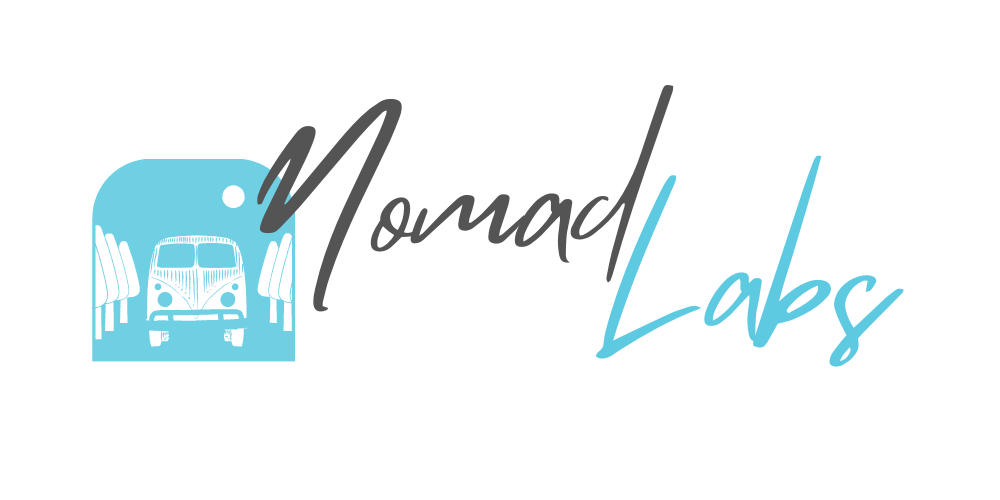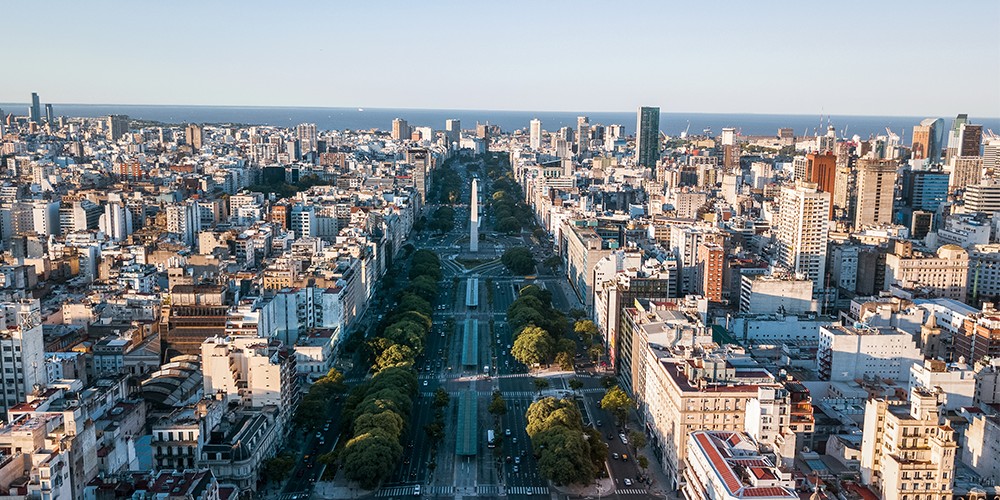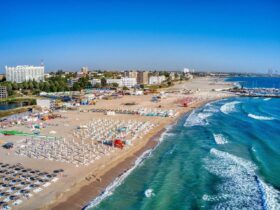Let’s cut to the chase—you’re working remotely, dreaming of sipping Malbec in Buenos Aires or hiking glaciers in Patagonia, all while keeping that steady paycheck. Argentina’s Digital Nomad Visa could be your golden ticket. But is it as smooth as it sounds, or is there some red tape tango involved? Here’s the real deal, updated for 2025, with everything you need to know.
Key Features of Argentina’s Digital Nomad Visa
Duration & Renewability – How Long Can You Stay?
Argentina isn’t playing around with short stays. You get:
- Initial Validity: 180 days (6 months)—not bad.
- Renewal: One-time renewal for another 180 days, giving you a total of 1 year.
Reality Check: Compared to the 90-day tourist visa shuffle, this is a game-changer. You can actually settle in—no visa runs to Uruguay every few months.
Eligibility Requirements – Who’s In and Who’s Out?
Don’t worry; you don’t need to be the next Elon Musk. But Argentina does want to know you can pay your bills:
Remote Work Proof: You must work for a foreign employer or be a freelancer with clients based outside Argentina.
(No sneaky barista jobs on the side—they’ll catch you.)Income Threshold: No official minimum, but $2,500/month is the sweet spot to show you can cover your steak dinners and rent.
(Based on NomadList data and expat reports from 2024.)Health Insurance: Mandatory. Make sure it covers Argentina. Companies like SafetyWing and World Nomads are popular choices.
Clean Criminal Record: Required. If you had a wild youth, get those papers sorted before applying.
Tax Benefits – Will You Be Double-Taxed?
Here’s where Argentina wins points:
- No Local Taxes on Foreign Income: As long as you stay less than 183 days per year, you’re considered a non-resident. That means zero income tax in Argentina on your remote earnings.
- But (There’s Always a But):
- U.S. Citizens: Uncle Sam doesn’t care where you live. You still need to file U.S. taxes because of citizenship-based taxation (FATCA).
- Europeans & Others: Check your home country’s tax rules, but many countries are more relaxed than the U.S.
Cost of Living – Can You Really Live Cheap?
Argentina is ridiculously affordable—but with a catch.
- Rent (Buenos Aires): $280 – $600/month for a 1-bedroom in a decent area like Palermo.
- Monthly Expenses (Food, Transport, etc.): $440 – $1,500, depending on whether you’re living like a local or hitting up rooftop bars every night.
Pro Tip (2025 Update): Inflation is wild—143% in 2024—but if you earn in USD, you’re winning. Use the blue dollar exchange rate (informal but widely accepted) to stretch your cash further.
Application Process – Paperwork or Nightmare?
It’s not as painful as you think—though Argentina’s bureaucracy has its quirks.
- Online Registration: Submit your details on Argentina’s immigration portal.
- Document Submission:
- Passport copy
- Proof of income (bank statements or client contracts)
- Rental contract or accommodation proof (Airbnb bookings work)
- Fee Payment: Around $200 total.
- Possible Consular Interview: Sometimes requested, depending on your country.
- Processing Time: 10 – 45 days. Sometimes it’s fast; other times, you’ll wonder if your application is lost in Patagonia.
Pros – Why Nomads Are Loving Argentina
- Cultural Immersion: Buenos Aires’ tango, Mendoza’s wine, Patagonia’s hikes—every weekend feels like a vacation.
- Reliable Internet: Average speed 38 Mbps, but coworking spaces like WeWork or Urban Station offer even faster connections.
- Digital Nomad Hub: Growing community—Facebook groups like Buenos Aires Expat Hub are buzzing.
- Travel Gateway: Quick trips to Chile, Brazil, or Uruguay. Iguazu Falls is a must.
Cons – Not All Sunshine and Empanadas
- Bureaucracy: Applications can hit snags. Renewals might require extra patience.
- Economic Instability: Inflation is sky-high. The peso’s value changes faster than your Netflix suggestions.
- Family Limitations: No specific visa for spouses or kids—they need separate applications.
- Tax Complexity: U.S. citizens—FATCA and IRS filings will haunt you no matter how far you run.
Who Should Go For It?
- Freelancers & Remote Workers: Earning a steady income from abroad.
- Adventure Seekers: Patagonia, wine country, or urban culture junkies.
- Budget Nomads: If you earn in dollars or euros, you’ll live comfortably.
Is Argentina’s Digital Nomad Visa Worth It?
Yes—If You’re Ready for the Ride.
If you can handle a bit of red tape and economic unpredictability, Argentina is one of the best value-for-money nomad destinations in 2025. The tax perks, low cost of living, and cultural experiences are tough to beat. Just keep an eye on the exchange rate and brace for occasional admin headaches.
FAQ – Quick Answers You Need
Q: Do I need to speak Spanish?
A: Not mandatory, but it helps. Buenos Aires has a lot of English speakers, but outside the city, it’s more “Hola, amigo.”
Q: Can I work for an Argentine company on this visa?
A: Nope. It’s for remote work for foreign companies only.
Q: Can I extend beyond 1 year?
A: Officially, no. You might need to switch to a different visa or leave and reapply later.
Q: What’s the best neighborhood in Buenos Aires for nomads?
A: Palermo Soho and Palermo Hollywood—cafes, coworking spaces, and safe streets.
Q: How do I handle money with inflation?
A: Use Western Union or ATMs with the blue rate for the best conversion. Cash is still king in Argentina.
Sources:
- Argentina Immigration Portal (https://ctoro.cancilleria.gob.ar/en/visa-digital-nomads)
- CitizenRemote (https://citizenremote.com/visas/argentina-digital-nomad-visa/)
- VisaGuide.World (https://visaguide.world/digital-nomad-visa/argentina/)
- Bloomberg, IMF Reports on Argentina’s 2024 Economic Outlook









Leave a Reply